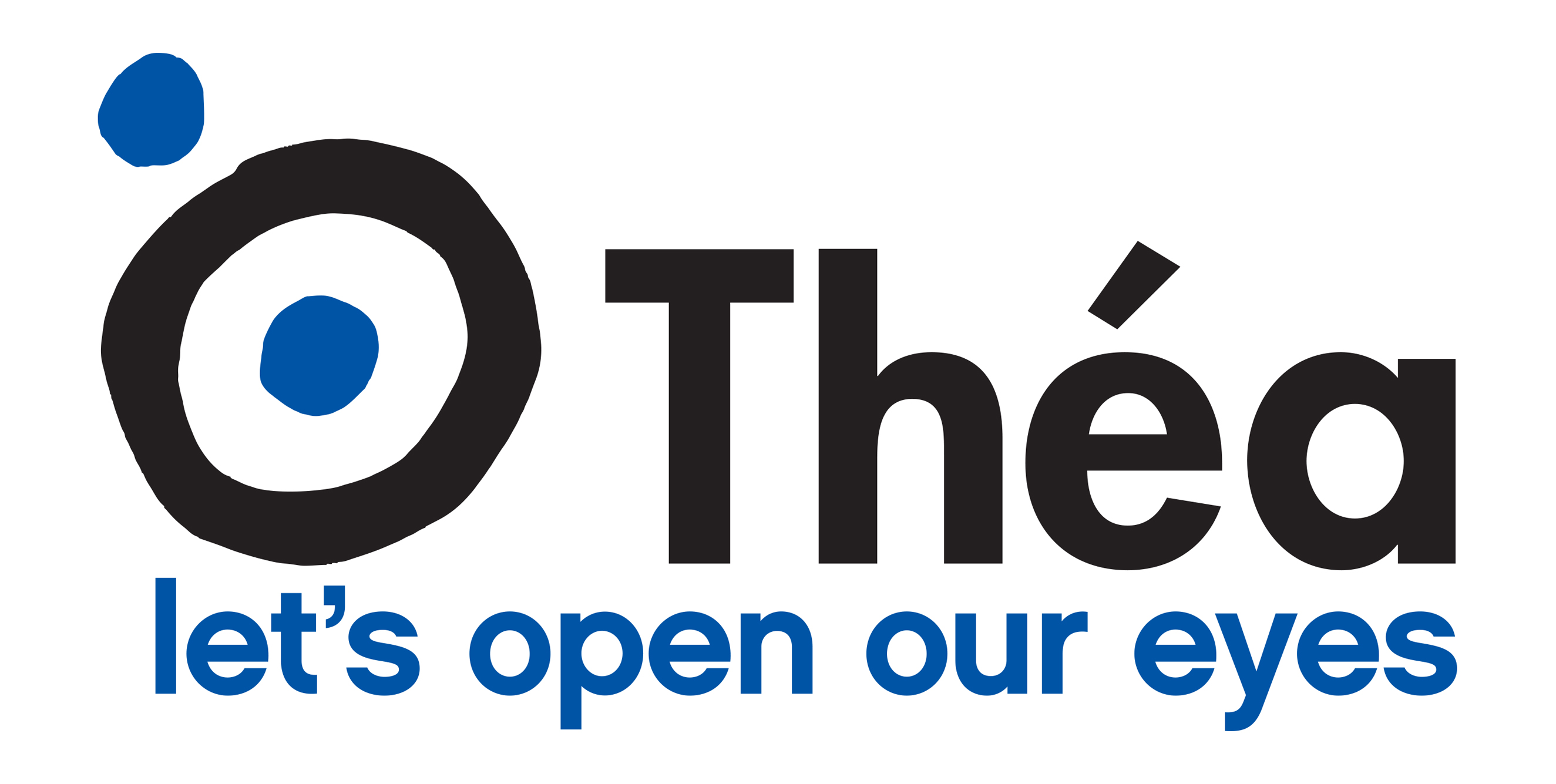For healthcare professionals

Inspire others for the opportunity to win a grant worth £1000

You are invited to join our mission to reduce the amount of preservatives in eye drops and demonstrate successful preservative free patient outcomes. Share your experience and help inspire fellow healthcare professionals to open their eyes to preservative free treatment.
Timeline
March 20th
2021

November
2021

December
2021

Why preservative free?
Preservative free treatment has better outcomes for surgical candidates1,2, avoids breaking up the tear film3, does not damage the ocular surface4 or internal ocular structures5, and is linked to improved patient adherence.6 And yet, the UK is still behind many other European countries in the move toward preservative free prescribing. Join the mission to change this.
What is the prize?
A £1,000 unrestricted educational grant will be awarded to the three best case studies demonstrating positive change to a patient’s quality of life, as judged by a national selection board of ophthalmologists. Winners will be announced in November 2021 with grants awarded in December.
Who can participate?
You are welcome to join the mission if you are a UK based registered healthcare professionals working in ophthalmology (including nurses), optometry, or pharmacy. A candidate can only submit one case.
How to apply
Applicants are invited to submit a case study they were involved in which demonstrates an improvement to a patient changing from preserved eye drops to preservative free eye drops. The presentation must be anonymous, written in English and follow the downloadable template.
1. Broadway, D et al. Adverse effects of topical antiglaucoma medication. II. The outcome of filtration surgery. Arch Ophthalmol. 1994; 112(11): 1446-54. 2. Baudoin, C. Mechanisms of failure in glaucoma filtering surgery: a consequence of antiglaucoma drugs? Int J Clin Pharm Res 1996; 16(1): 29-41. 3. Wilson, WS et al. Effects of benzalkonium chloride on the stability of the precorneal tear film in rabbit and man. Br J Ophthalmol 1975; 59: 667-69. 4. Walsh, K et al. Clin Ophthalmol. 2019; 13: 1409–25. 5. Goto, Y et al. Human lens epithelial cell damage and stimulation of their secretion of chemical mediators by BAK rather than latanoprost and timolol. Arch Ophthalmol 2003; 121: 835-39. 6. Wolfram, C et al. J Ocul Pharmacol Th. 2019; 35(4): 223–28.



